My dearest Readers!
The Woman Out of Time seems to be on a roll as far as dark academia is concerned. And why not? Dark Academia books seem to be some of the most gripping stories out there. There is passion, academics, mystery and murder. What else could a literature graduate ask for? After “The Secret History“, my latest foray into Dark Academia novels is M.L. Rio’s “If We Were Villains”. This novel often comes up as one of the core texts in Dark Academia after “The Secret History”.
Similar to most Dark Academia texts, “If We Were Villains” is set in a university campus, in this case the fictional “Dellecher Classical Conservatory”. What sets this novel apart from other Dark Academia texts is its focus on drama and specifically on Shakespeare rather than other academic disciplines. Much of Dark Academia is focused on classical languages with Donna Tartt’s “the Secret History” focusing on ancient Greek students and “The Lake of Dead Languages” by Carol Goodman focusing on Latin students.
The novel pays homage to Shakespeare in multiple ways. The text itself is structured like a Shakespearean Tragedy with the story being narrated in five Acts. The structure of the dialogues and monologues also switch between simple prose, poetic diction and dramatic structure with the characters sometimes conversing in poetry and Shakespeare’s dialogues rather than their own words. Furthermore, as a novel that follows Shakespeare scholars, the text itself is peppered with quotes from Shakespeares tragedies, these quotes often being used for characterisation and for foreshadowing events throughout the novel.
The novel revolves around seven final year drama students who are extremely passionate with Shakespeare and the roles they play on stage so much so that they often converse in Shakespearean dialogue. This passion for drama and acting eventually becomes obsession as the students enter their fourth and final year of study and begin to perform Shakespeare’s tragedies. The narrative begins with Oliver and his friends being cast for “Caesar” and “Macbeth”. And while the students had always had a healthy competition among themselves, the casting for “Macbeth” turns this competition into obsessive rivalry which eventually spills over into their personal lives; their obsession eventually leading to murder. The story itself begins at the end when the protagonist and narrator, Oliver, is released from prison where he had been serving time for the murder of his friend and classmate Richard. The story then is told through Oliver’s memories about the events surrounding the murder and the truth about it.
What I find most interesting about this novel is the fact that the students feelings and obsessions do not exist in a vacuum. Many novels, such as Donna Tartt’s “The Secret History” and Carol Goodman’s “The Lake of Dead Languages” explore the rivalries and obsessions that can spring up among students living in close quarters as something confined to student interactions. However, M.L. Rio’s novel also explores how her character’s environment, teachers and the academic institution itself plays a role in the tragedy that unfolds in the story:
“Dellecher was less an academic institution than a cult. When we first walked through those doors, we did so without knowing that we were now part of some strange fanatic religion where anything could be excused so long as it was offered at the altar of the Muses”. (M.L. Rio, If We Were Villains)
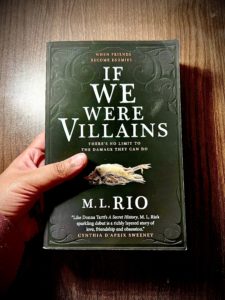
While the act of murder itself is committed by the students and the events that lead up to it are carried by the emotions of the said students, the environment of the institution and the teaching methods of the teachers contribute to the growing tension between the students. “If We Were Villains” is a story of emotions, obsessions, passion and jealousy run wild in an environment that encourages such feelings.
The novel is not only an homage to Shakespeare but also an homage to drama and the stage. The novel not only draws inspiration from Shakespeare but also outlines acting methods and draws upon literary terminologies. In doing so M.L. Rio recreates the experience of studying classical drama in a university setting and brings the reader closer to the academic environment she is trying to create; an environment which encourages the students to truly immerse themselves in their characters. Furthermore, this heightens the impact of the novel and, at times, seems to create a sense of poetry in the narrative. The final Act of the tragedy draws to a close with Oliver realising the true impact of the deed that has been committed with the following words:
“I realise that this is it—the dénouement, the counterstroke, the end-all he was waiting for”. (M.L. Rio, If We Were Villains)
Yet the dénouement does not bring about the end of the novel, but rather M.L. Rio makes it clear that life does not end like a Shakespearean tragedy but continues in unexpected ways.

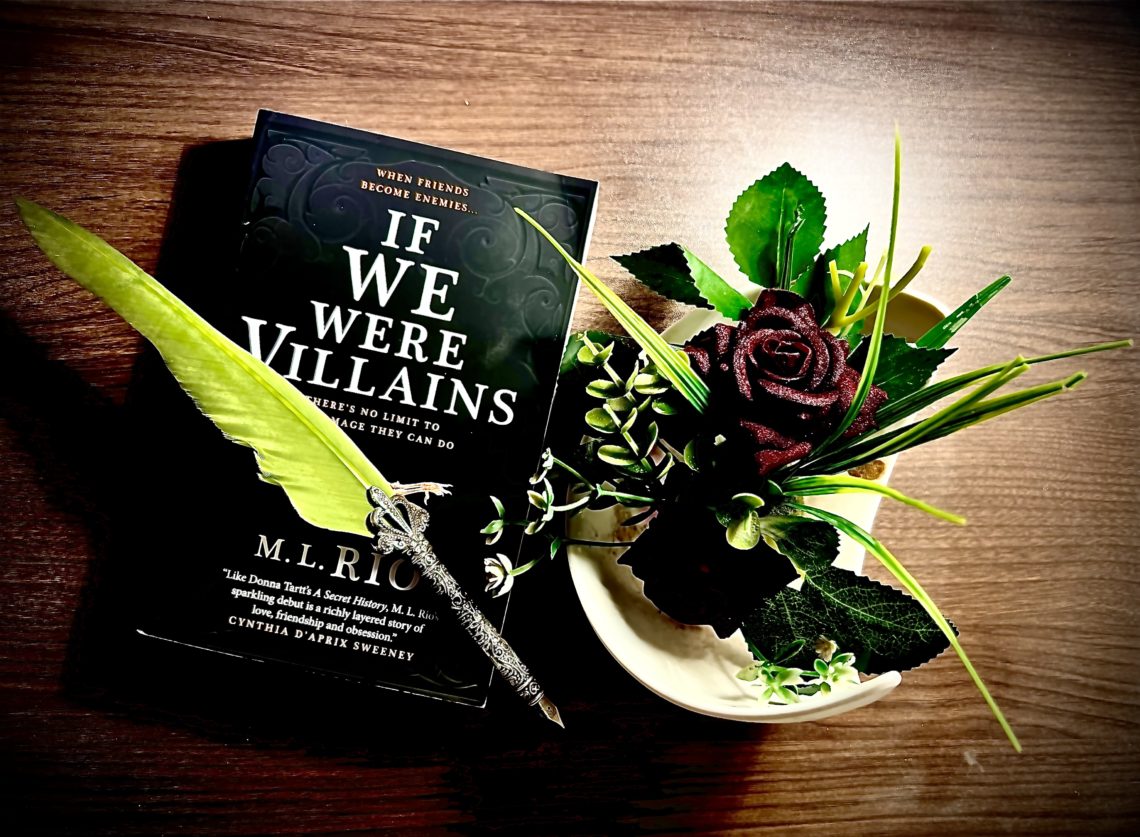

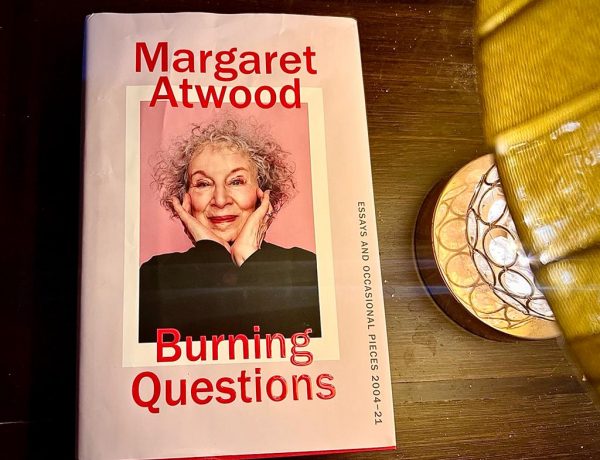
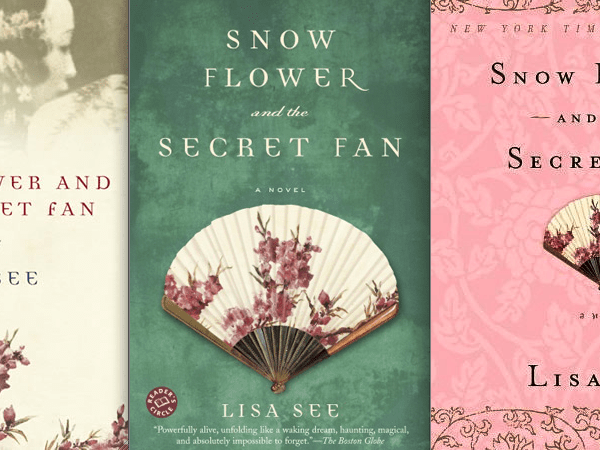
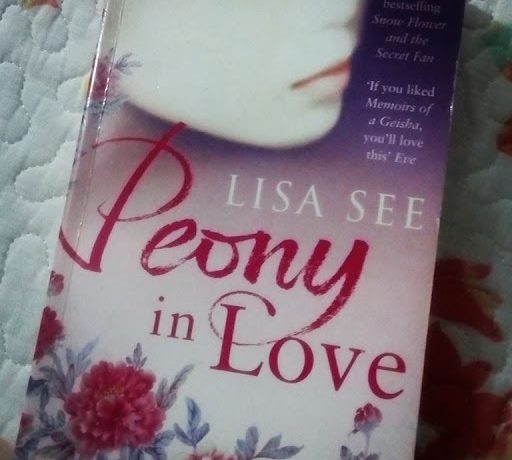

No Comments